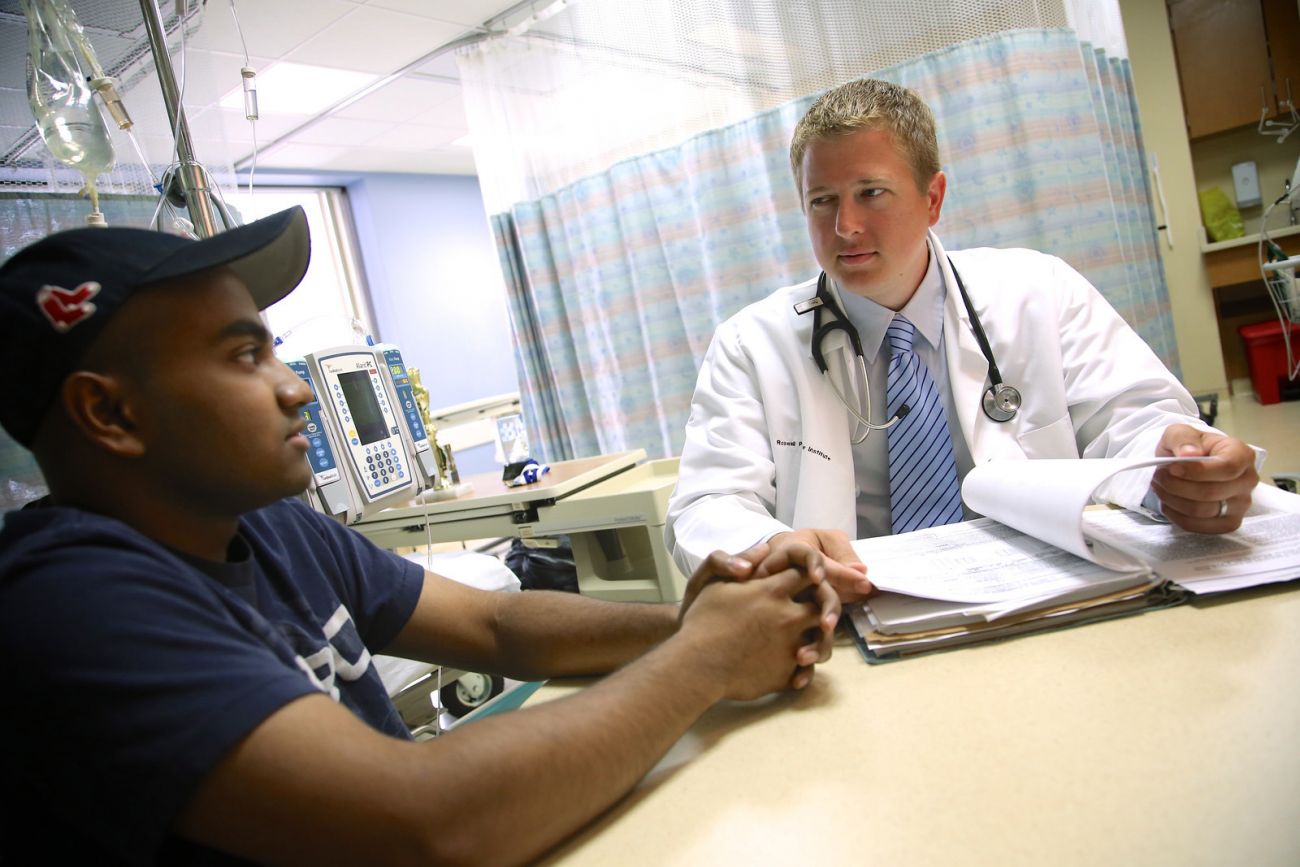A complex and unexpected mix of emotions sometimes follows the end of cancer treatment. While you are relieved that your cancer is in remission, it’s normal to feel worried that the cancer could come back. Recurrence is one of the most frequently identified fears of cancer survivors especially for adolescent and young adult patients.
With many years ahead of you, it’s completely natural to worry about your future and the possibility of recurrence. But too much worrying can affect your quality of life and hinder your ability to accomplish long-term goals and plans. While it’s true that AYA patients have an increased risk of developing another cancer down the road, the risk is small. Only 1-3 percent of survivors relapse later in life.
There is no way to know if your cancer will come back, but understanding how to manage anxiety and make healthy choices will help you feel more confident and secure about survivorship.
Here are some tools to help you adjust to life after treatment.
Identify Your Triggers
For most patients, certain things trigger anxiety. For example, the anniversary of your diagnosis or a follow-up appointment might produce high levels of stress. But if you are able to identify these triggers, it’s easier to cope with the emotions that follow. If you are nervous before a follow-up exam, anticipate how you might feel the day of the appointment, and possibly the days leading up to it. Plan activities that will distract you from thinking about cancer or write out a list of the things that have helped reduce your anxiety level in the past.
Give Stress a Time Limit
Take a minute, an hour, or a day to immerse yourself in these stressful emotions. Let yourself feel whatever it is to its full degree. What you are experiencing is normal and very common. However, as soon as the time is up, tell yourself it is time to move on.
Talk About It
Family and friends can be your biggest supporters during your cancer treatment, but they may not realize you still have concerns after your treatment ends. Let them know that you welcome their continued emotional support and encouragement as you adjust to life beyond active treatment.
Focus on Wellness
A healthy diet and physical activity will enhance overall health and well-being. Focus on things you can control like nutrition and exercise. There are certain lifestyle changes that can help keep cancer at bay.
Consider Counseling
Social workers, psychologists, and psychiatrists work with survivors to help you accept that fear of recurrence is a normal part of the cancer experience. They can help you develop strategies to cope with your fears and move forward with your life. The AYA program at Roswell Park will connect you with a counselor to help you navigate survivorship.
Be Patient with Yourself
It helps to know that for most people, fear of recurrence gets better over time. It might not disappear altogether, but as the time between follow-up care appointments increases, it often becomes more tolerable and occurs less frequently.
Get Regular Checkups
Prevention and early detection is the most important factor in follow-up care. Maintain consistent appointments with your oncologist for screening and evaluation. Understand your risks for developing a future cancer and be aware of any early warning signs and symptoms.
